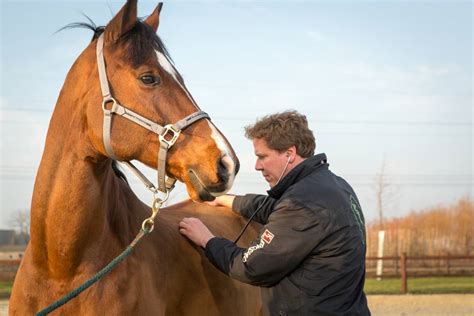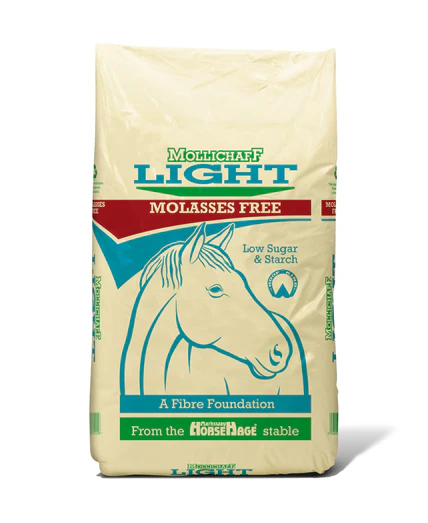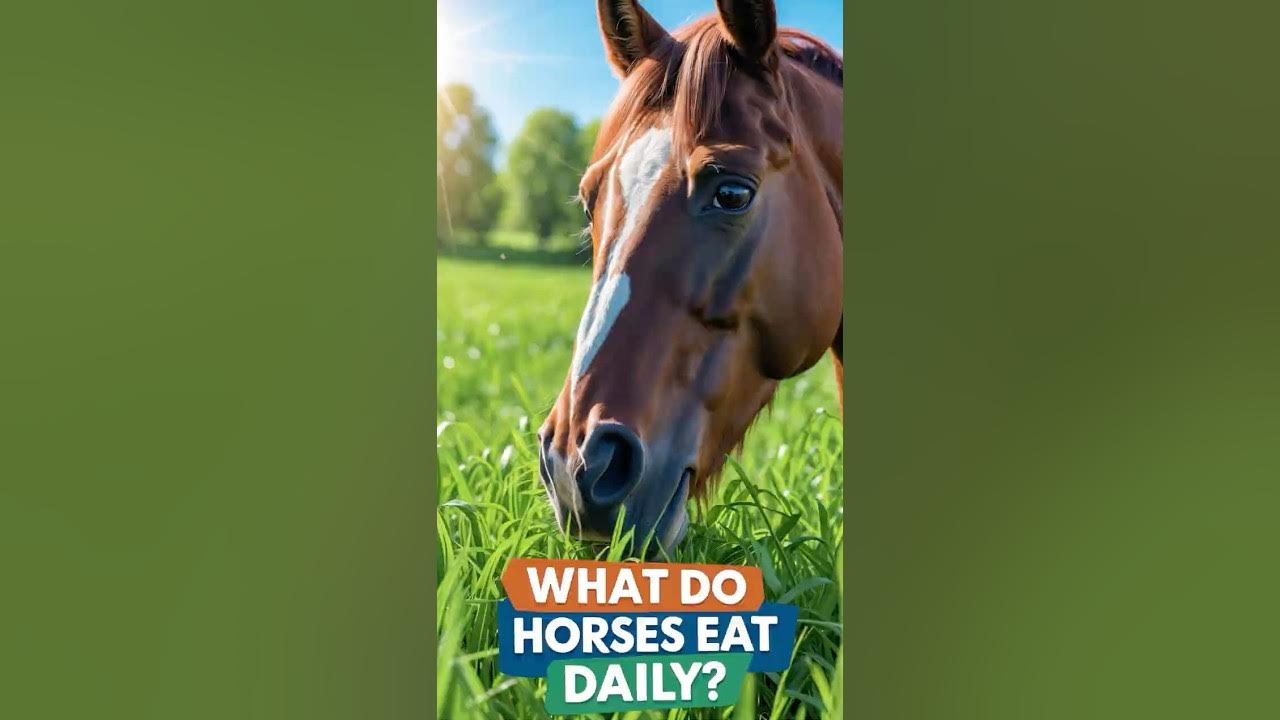The Best Diet for a Healthy Horse

Maintaining a healthy diet is crucial for the overall well-being, performance, and longevity of horses. This article explores the essential components of an optimal equine diet, practical feeding strategies, and common nutritional concerns.
Understanding Equine Nutritional Needs

Horses require a balanced intake of nutrients to support their energy levels, muscle function, digestion, and immune system. Key nutrients include:
| Nutrient | Role in Horse Health | Sources |
|---|---|---|
| Forage (Fiber) | Supports digestive health and gut motility | Grass, hay |
| Carbohydrates | Primary energy source | Grains, pasture grass |
| Proteins | Muscle repair and growth | Legumes, alfalfa, soybean |
| Fats | Concentrated energy and coat health | Vegetable oils, rice bran |
| Vitamins | Immune function and metabolic processes | Fresh forage, supplements |
| Minerals | Bone strength, nerve function, and hydration | Salt blocks, mineral mixes |
Components of a Healthy Horse Diet

-
Forage First: The foundation of any horse’s diet should be high-quality forage such as hay or pasture grass. Horses are natural grazers and require continuous fiber intake to maintain gut health.
-
Concentrates: Grains and pelleted feeds provide additional energy, especially for working or performance horses. However, these should be fed in moderation to avoid digestive upset.
-
Supplements: Depending on the horse’s age, workload, and health status, supplements like vitamins, minerals, and joint support may be necessary.
-
Water: Fresh, clean water must always be available as dehydration can quickly lead to serious health issues.
Feeding Strategies
- Regular Feeding Schedule: Horses thrive on routine. Feeding at consistent times helps regulate digestion and behavior.
- Portion Control: Overfeeding can lead to obesity and metabolic disorders. Use body condition scoring to adjust feed amounts.
- Monitor Body Condition: Regularly assess your horse’s weight and muscle tone to ensure dietary needs are met.
Common Dietary Challenges
- Colic and Digestive Upset: Sudden changes in diet or poor-quality feed can cause colic, a potentially life-threatening condition.
- Laminitis: Excessive intake of sugars and starches can trigger this painful hoof condition.
- Nutrient Deficiencies: Imbalanced diets may lead to deficiencies affecting coat quality, growth, and immune function.
FAQ
Q: How much forage should a horse eat daily?
A: Horses typically require 1.5-2% of their body weight in forage daily.
Q: Can horses eat grains every day?
A: Grains should be fed based on energy needs and not exceed 50% of the total diet.
Q: What are signs of a poor diet in horses?
A: Signs include weight loss, dull coat, poor performance, and behavioral changes.
Q: Are supplements necessary for all horses?
A: Not always; supplements should be tailored to individual needs and veterinary advice.
Conclusion
A well-balanced diet tailored to the horse’s age, workload, and health status is essential for maintaining optimal health. Prioritizing quality forage, managing concentrates wisely, and monitoring nutritional status can help ensure your horse thrives.
This structured approach not only improves readability but also enhances SEO by incorporating relevant keywords, tables, and FAQs that address common questions horse owners may have.
